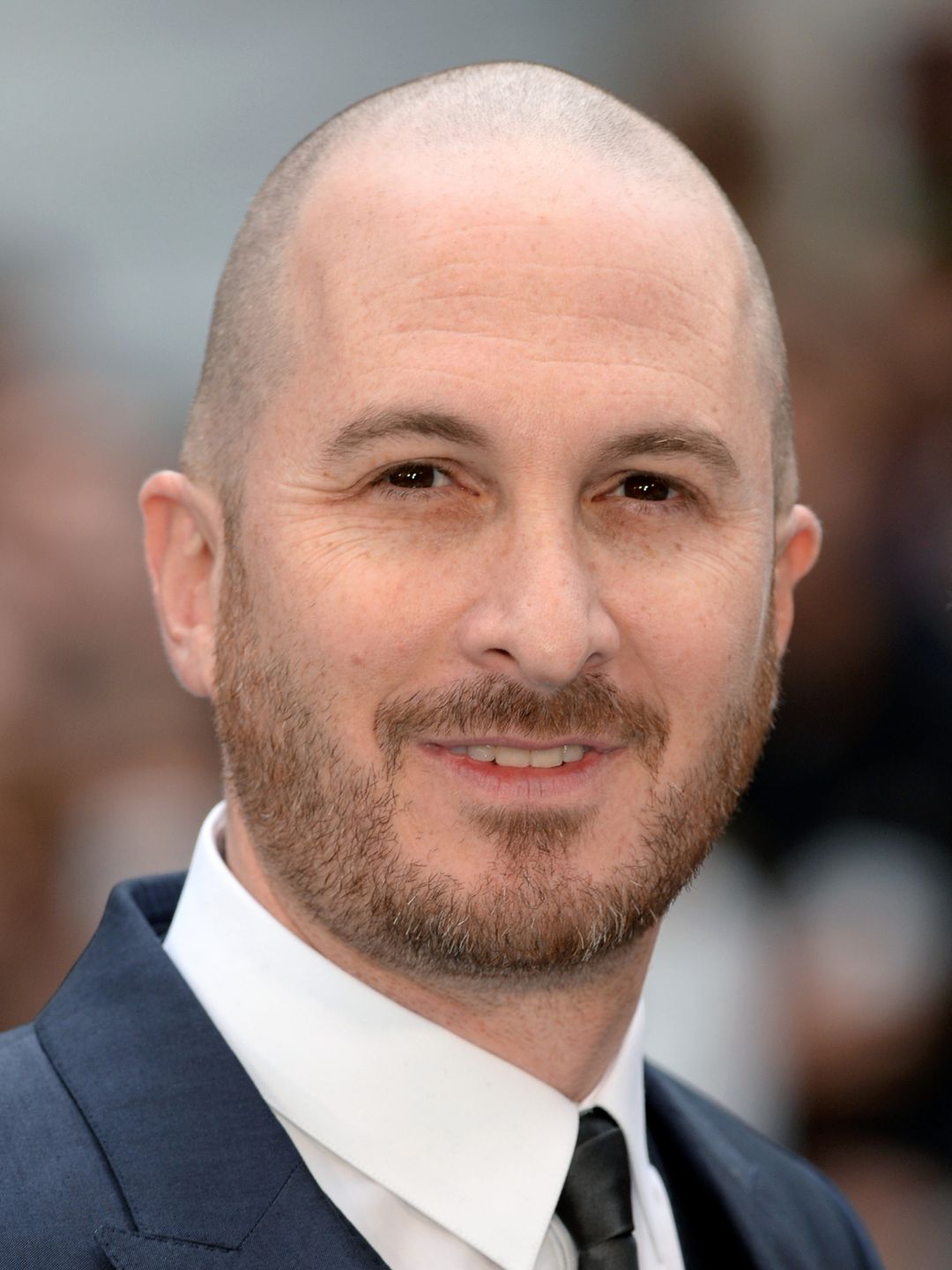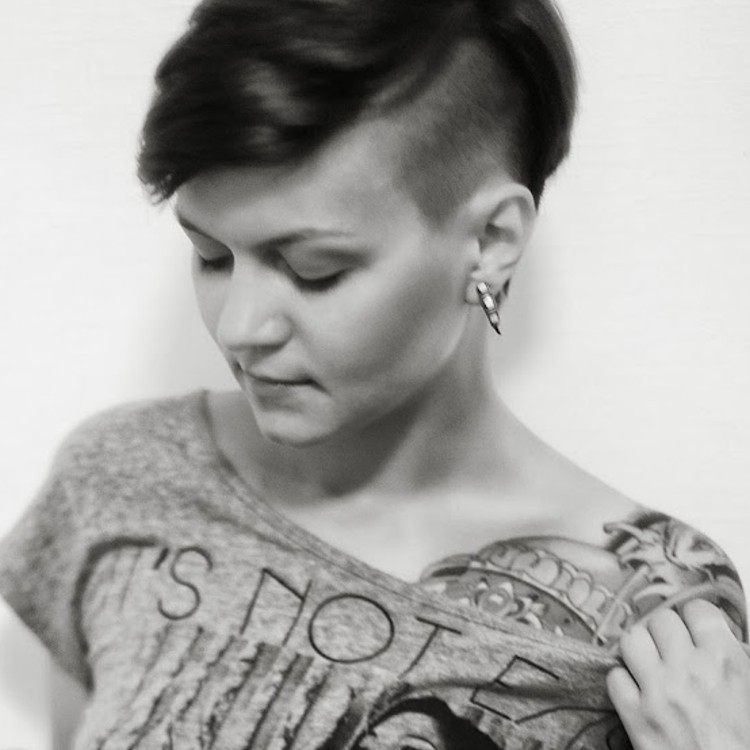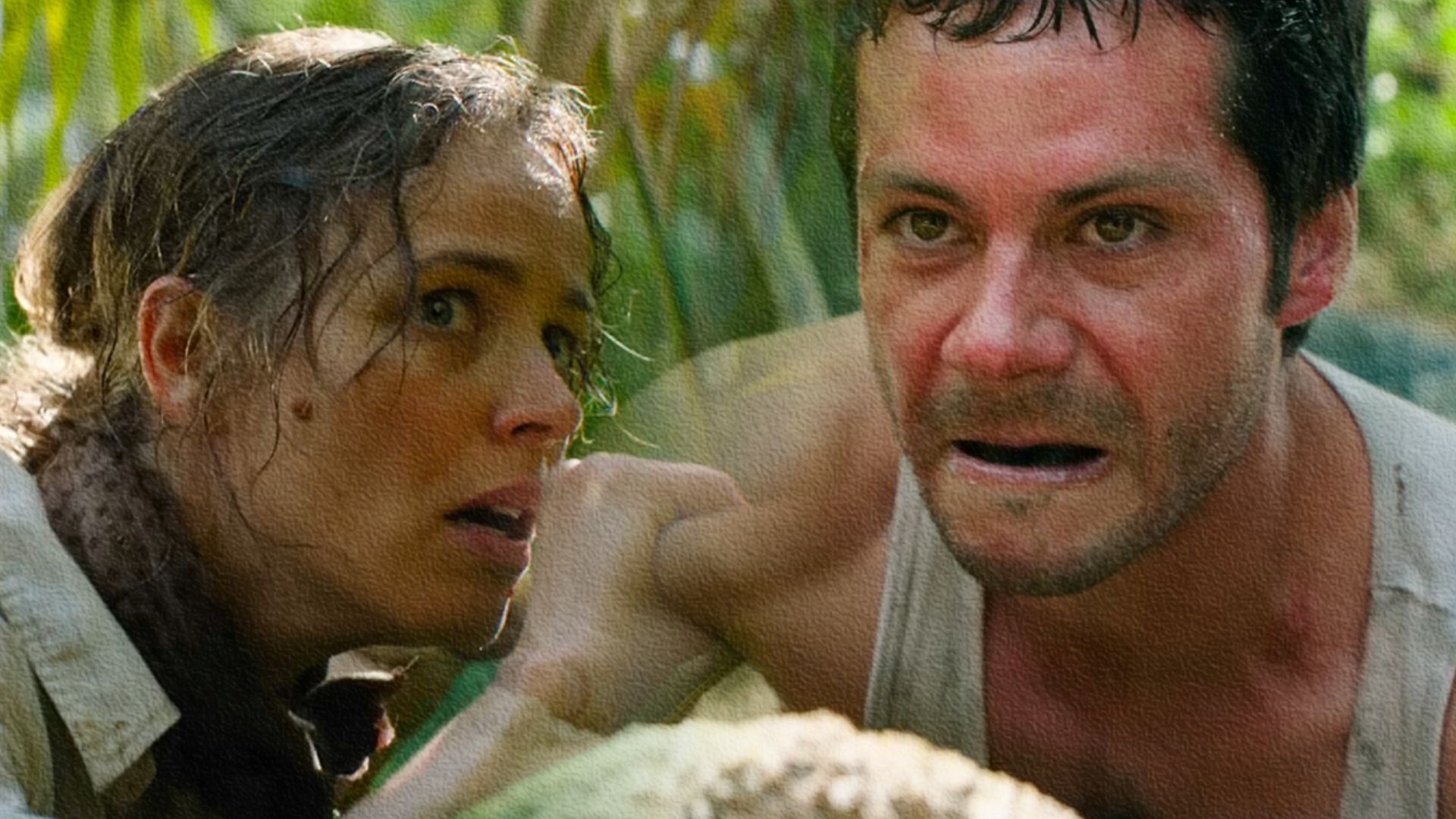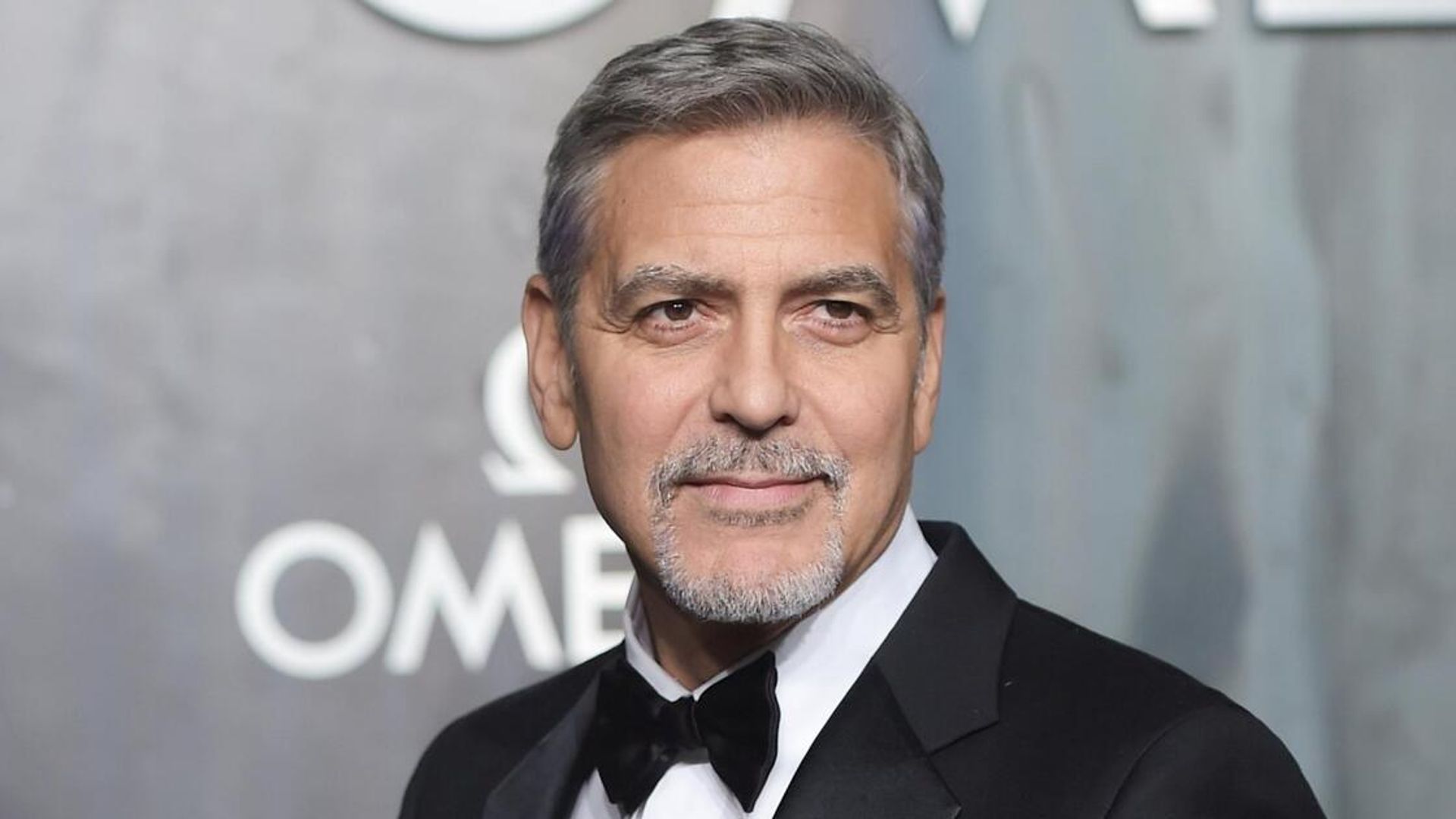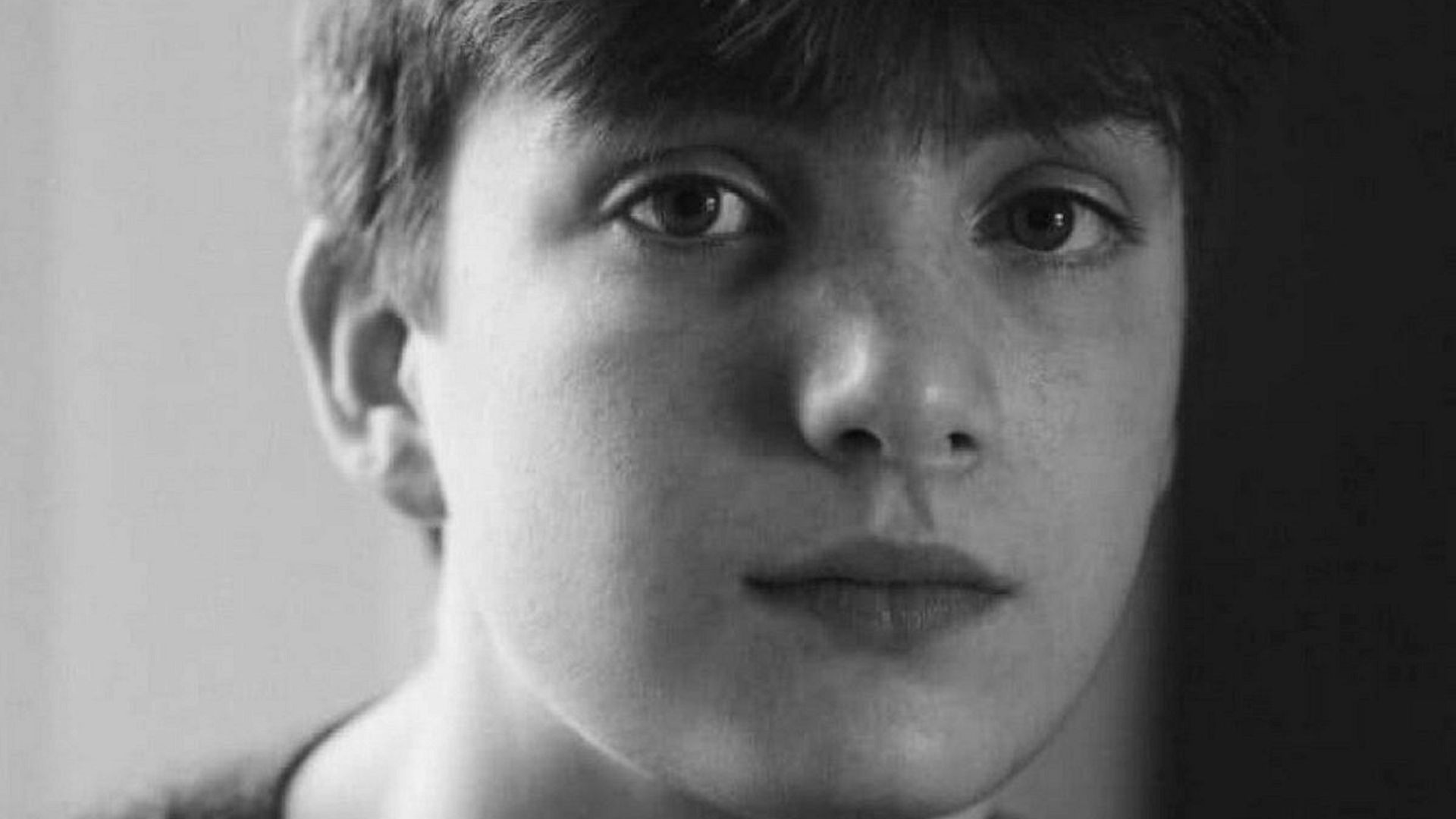Director Darren Aronofsky, known for films like "Requiem for a Dream" and "The Whale," along with his studio Primordial Soup and Google DeepMind, demonstrated how AI can be used not for clickbait, but for genuine cinema.
Their first joint artistic project is the short film "Ancestra," which will premiere on June 13 at the "Tribeca" festival.
The film was directed by Eliza McNitt, who started her career in school years and gained fame through her work with virtual reality.
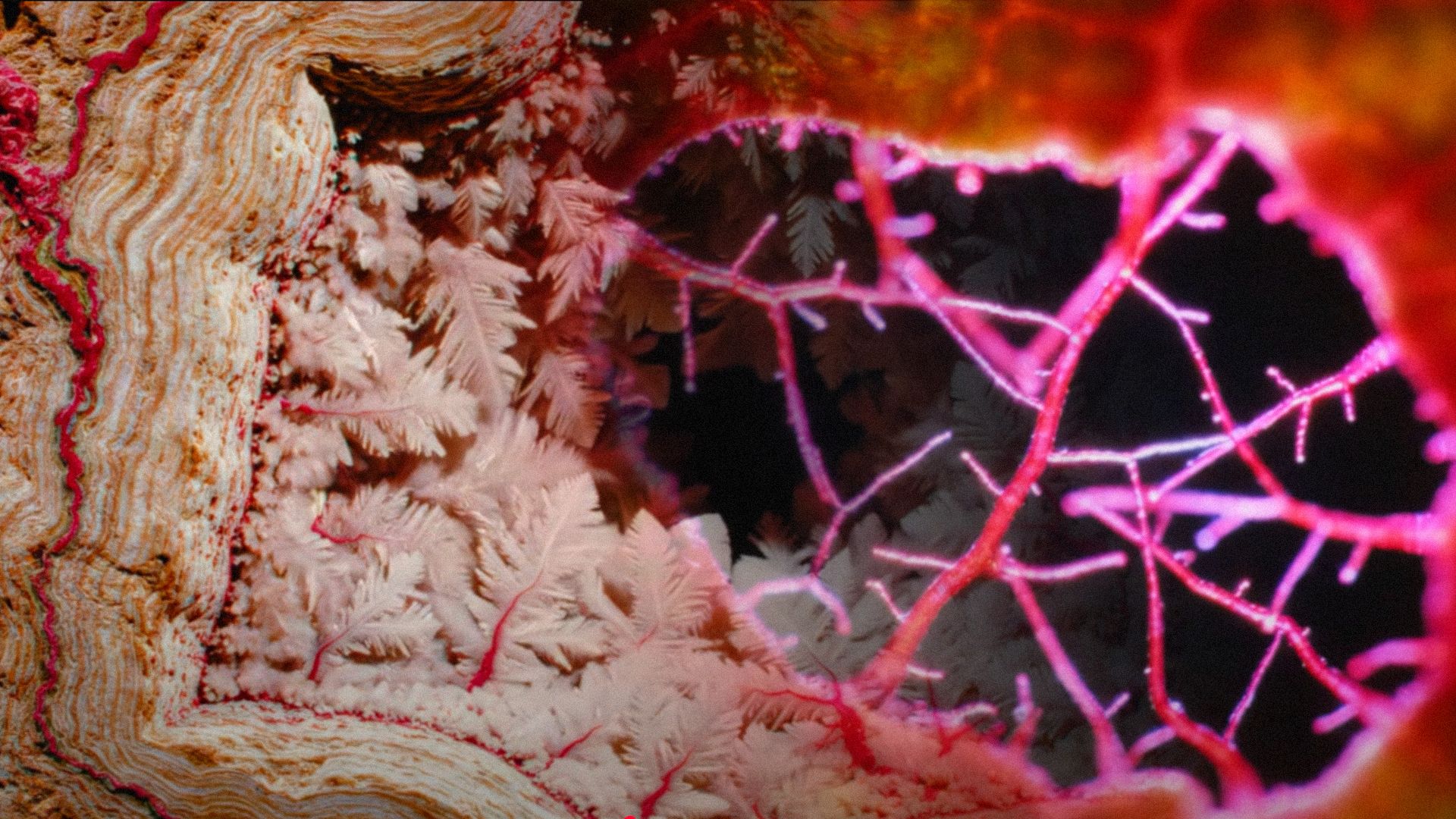
"Ancestra" is a touching story about a baby with congenital heart problems. According to the plot, when the birth reaches a critical stage, "maternal love becomes a cosmic force capable of saving the baby's life," as described in the trailer.
The trailer itself opens with images of a fetus in the womb, followed by a pregnant woman on a gurney, a worried question: "Will everything be alright?" and mysterious patterns from another world.
The film will feature a combination of live scenes and visual imagery created by the generative model Veo 3. For instance, there are scenes where a tiny baby's hand reaches out to the mother's fingers, scenes that would be impossible in traditional production. Here, they look eerily realistic.
Others are less negative:YouTube user @antilocust.Any effect created with digital technology, rather than filmed on the day of shooting, is not real cinema. If you accept digital effects in films, you might as well accept artificial intelligence. Both are equally soulless, created at the push of a button.
I like this. I see huge potential in it!, said a user with the nickname Ayeshamali.
In any case, I think the final judgment should be made after the film's release. Earlier, we at zoomboola.com provided a detailed explanation of the neural model Veo 3 and showcased the trailer of another film created with AI.
